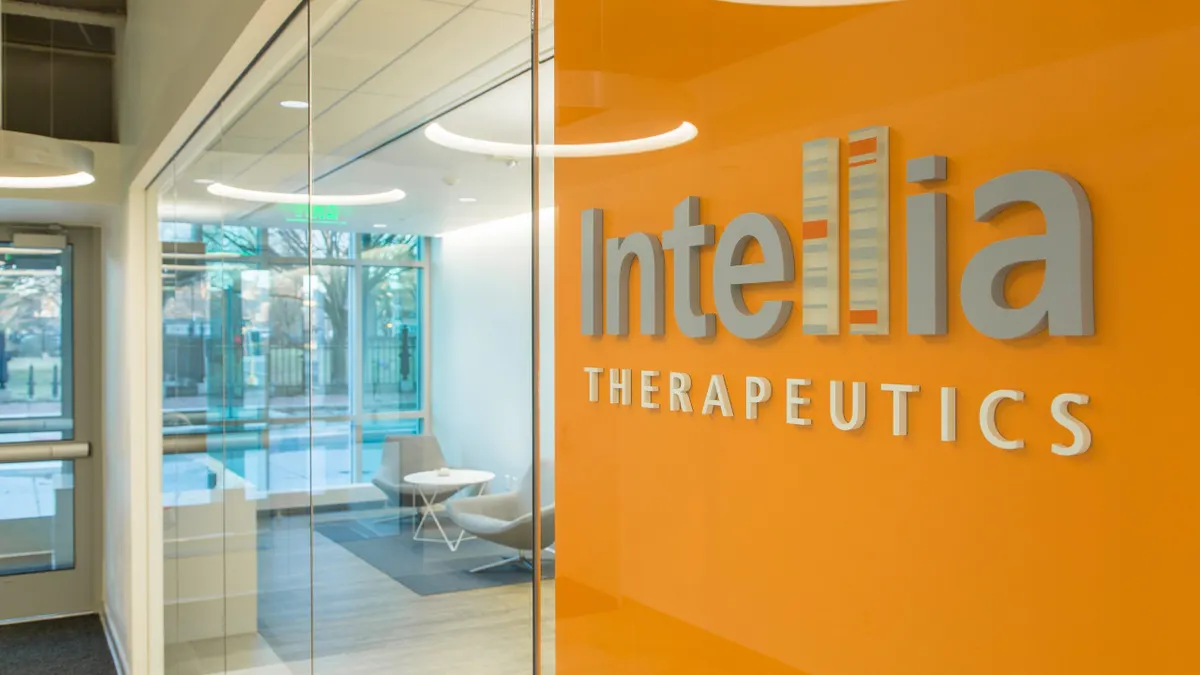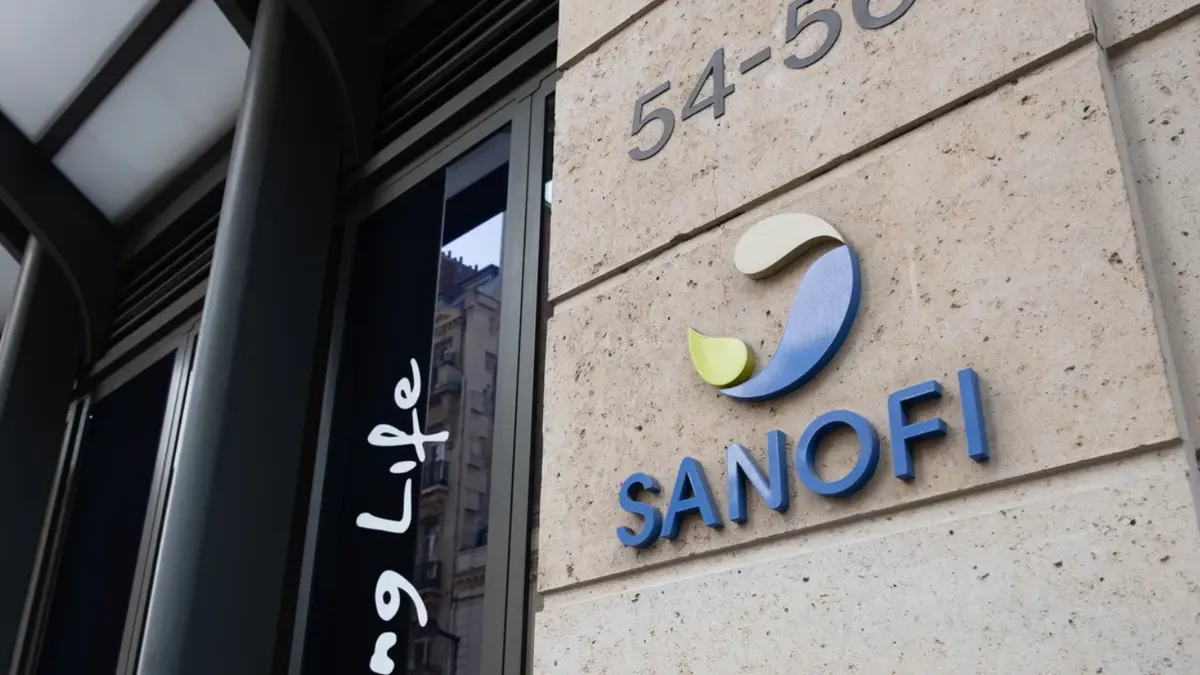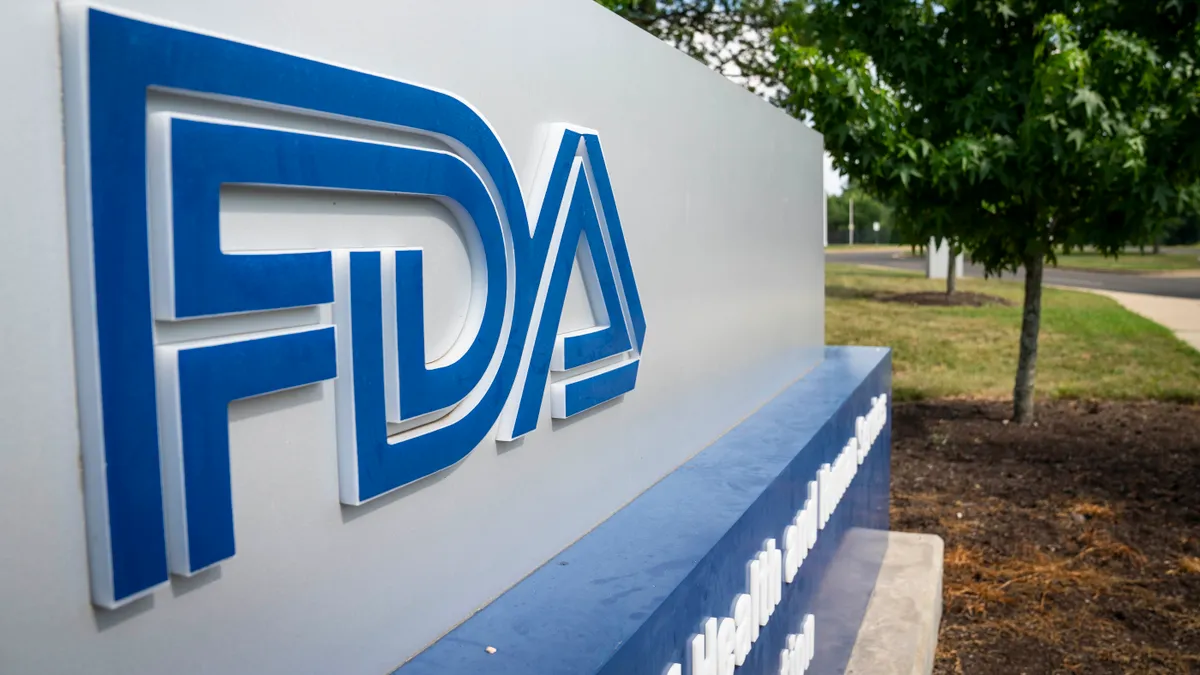The Food and Drug Administration has rejected a request from Biohaven to approve what could have been the first marketed medication for a group of rare, genetic disorders that impair coordination and muscle control.
Biohaven, which disclosed the rejection letter late Tuesday, now plans to restructure its business to cut annual research and development expenses by about 60%. The company has more than a dozen research programs that, collectively, target a wide array of illnesses, from cancer to neurological disorders to diseases of the immune system. Over the first six months of this year, Biohaven spent $315 million on R&D.
According to Biohaven, the FDA had many problems with the large study that served as the foundation of its approval filing. That experiment enrolled just north of 900 people with “spinocerebellar ataxia,” who took Biohaven’s drug Vyglxia once a day and were followed for three years. Results showed that disease progression appeared to slow between 50% and 70%.
Often, clinical trials focused on an uncommon disease won’t have a placebo group, but instead compare participants to historical data from an external pool of untreated patients. This design element, Biohaven said, proved to be a major sticking point for the FDA, which cited in its letter how trials like Biohaven’s can suffer from potential bias, confounding variables, and less-than-credible methods for collecting and analyzing data.
In a statement, Biohaven pointed to details from a March 2024 meeting with the FDA, in which the agency explained that a “large and robust treatment effect would be needed to overcome the biases” if an externally-controlled study were to be used as the main body of evidence for an approval filing. Biohaven believes its trial met that criteria by hitting the main goal and eight other so-called secondary endpoints.
“Beyond substantial evidence of safety and efficacy, patients with rare diseases also deserve an efficient, fair and flexible regulatory process that aligns with the urgency of their high unmet medical needs,” said Vlad Coric, Biohaven’s CEO, in that statement.
“Real-world evidence is an important research approach to assessing and delivering new therapies for complex rare diseases but, despite FDA policy initiatives supporting such tools, the front-line review divisions are not yet embracing FDA policy for the use of real-world evidence or the application of regulatory flexibility for rare disease,” Coric added.
Biohaven said the FDA has recommended the two parties meet to discuss what evidence would be necessary to support a future approval application for Vyglxia. The company wants to have that meeting “as soon as possible” given the “large number of patients” who are currently getting its drug through an expanded access program.
Leonid Timashev, an analyst at RBC Capital Markets, described the rejection as a “major setback” for Biohaven, which faces a “difficult road ahead without additional trial data.” Timashev had estimated annual sales of Vyglxia would eventually surpass $900 million. Analysts at TD Cowen, meanwhile, viewed the news as “highly disappointing” and are now unsure if the drug will make it to market.
Myles Minter, of the investment firm William Blair, went so far as to downgrade his recommendation on the stock. Not only does the FDA’s decision halt a near-term source of revenue, but also Biohaven’s ability to access $150 million from a recent deal with Oberland Capital.
Even with the planned cost cuts, Biohaven will require more money to keep funding its pipeline — or else it will have to find “strategic alternatives” for its now de-prioritized research assets, Minter added. The Connecticut-based company recorded $166 million in cash and cash equivalents as of June 30, in addition to almost $240 million worth of marketable securities.
The FDA’s verdict puts somewhat of a period on what became a winding road for Vyglxia. It also comes on the heels of another surprising rejection, of a closely watched gene therapy for Huntington’s disease. Analysts fear these choices underscore how the FDA has become far less predictable under its current leadership.
Vyglxia, once ingested, breaks down into a molecule that scientists think provides some level of protection to nerve cells, and that is already approved as a treatment for ALS. Vyglxia had a mixed performance throughout clinical testing, which gave regulators in Europe and the U.S. pause. The FDA even extended its review of the drug by months and wanted to convene a group of outside experts to discuss the evidence Biohaven submitted, though the agency ultimately backtracked on such a meeting.
“The saga of this filing is well known, and we have yet to talk to an investor who didn’t understand this decision was high-risk,” wrote Christopher Raymond, an analyst at the investment firm Raymond James, in a note. “That said, we do think some degree of hate selling on this event is likely to take place for a while.”
Biohaven shares were down roughly 40% Wednesday morning, to trade around $8.78 apiece.
The company said four of its drugs will be “key areas of focus” in the near-term. One, “opakalim,” is in mid- to late-stage testing as a potential treatment for major depression and a seizure disorder. Another, designed to increase muscle mass, is being evaluated for both obesity and spinal muscular atrophy.
Then there are two “protein degraders” code-named BHV-1300 and BHV-1400, which are respectively in development for an autoimmune condition called Graves’ disease and a prominent kidney illness known as IgA nephropathy.






















